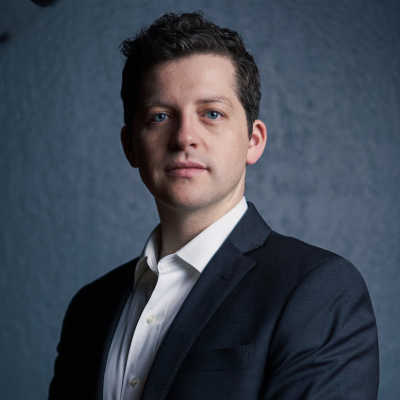Henry Kramer
Assistant professor of piano

- What led you to play the piano?
I began playing piano at age 11 after discovering I could learn movie soundtracks by ear on my family’s old upright piano. Following the start of my formal training, I became enamored of the Romantic piano repertoire as well as French music of the 20th century. Two years later, at age 13, I decided I wanted to do this as a career. Teaching has been one of the ways that I keep myself always learning.
- What stands out about your way of teaching?
I think what distinguishes my style of teaching is a strong emphasis on movement and sensation in the body, which I always try to relate to musical gesture. Before I was a pianist, I danced for several years in early childhood, and I think this kind of embodied performance lingers in my approach to the piano. I also try to meet my students where they are at, and encourage them to be autodidacts, rather than command them. My goal in teaching is to give each student the tools to express themselves through music fully and viscerally.
- What are your favorite artists or albums?
For piano, I am very drawn to early recordings of late-Romantic interpreters like Josef Hoffman, Ignaz Friedman, Rachmaninoff, Busoni and more recent artists like Benedetti Michelangeli, Rudolf Serkin and Leon Fleisher. My favorite recordings recently have been the Artemis Quartet playing Schubert String Quartets, as well as recordings by Isabelle Faust.
- In the course of your career, have there been people who were especially influential?
I was fortunate to have wonderful teachers. Some of my most fundamental musical ideas come from Julian Martin, disciple of Leon Fleisher, who had a strong impact on my sound production and use of concepts of physics to describe piano technique. I also learned a lot directly from Leon Fleisher, working with him at the Steans Institute of Ravinia, and Claude Frank, whom I worked with at the Verbier Festival.
- Beyond music, do you have other passions?
I love reading, cooking (especially French and Korean food), and running and skiing.
Spring 2024